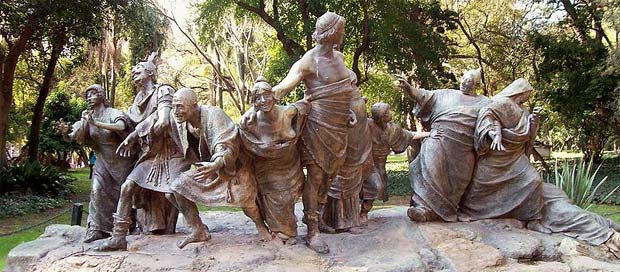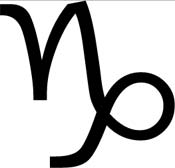
Saturnalia statue by Ernesto Biondi located in the Buenos Aires Botanical Gardens
Did you know, that prior to the celebration of Christmas, the ancient Romans held a festival from the 17th to 23rd of December in honour of their agricultural deity, Saturn?
The 17th December and the Roman Festival of Saturnalia
It was a holiday period usually celebrated with a sacrifice at the Temple of Saturn in the Roman Forum followed by a large public banquet, gift-giving, parties and a festival atmosphere that was far removed from usual social conventions.
Saturnalia has been interpreted by historians as a festival of light leading up to the winter solstice, with candles given as gifts to symbolise the search for knowledge. The run up to the new year was celebrated on the 25th December as the “Birthday of the Unconquerable Sun”. Saturnalia was held sixteen days before the Kalends of January, which the Romans believed to have been established by the legendary founder, Romulus.
The Sigillaria on the 23rd of December was a day of gift-giving. Candles and figurines were made especially for the day and of course, toys were given to children! Verses or poems sometimes accompanied the gifts, which may be compared to the modern custom of sending and receiving greeting cards.

Capricorn: 22nd Dec-20th Jan
At one time, the 17th of December (the Julian date of the Saturnalia) was also the first day of the astrological sign Capricorn, from the house of the planet Saturn.
As it was close to the winter solstice on the 25th of December (on the Julian calendar), it is believed that households lit many candles to symbolise “the returning power of the sun’s light after the solstice”.
Saturnalia continued to be popular well into the 3rd and 4th centuries AD. As the Roman Empire came under Christian rule, some Saturnalia customs may well have influenced the seasonal celebrations seen in our modern day Christmas and New Year festivities.
